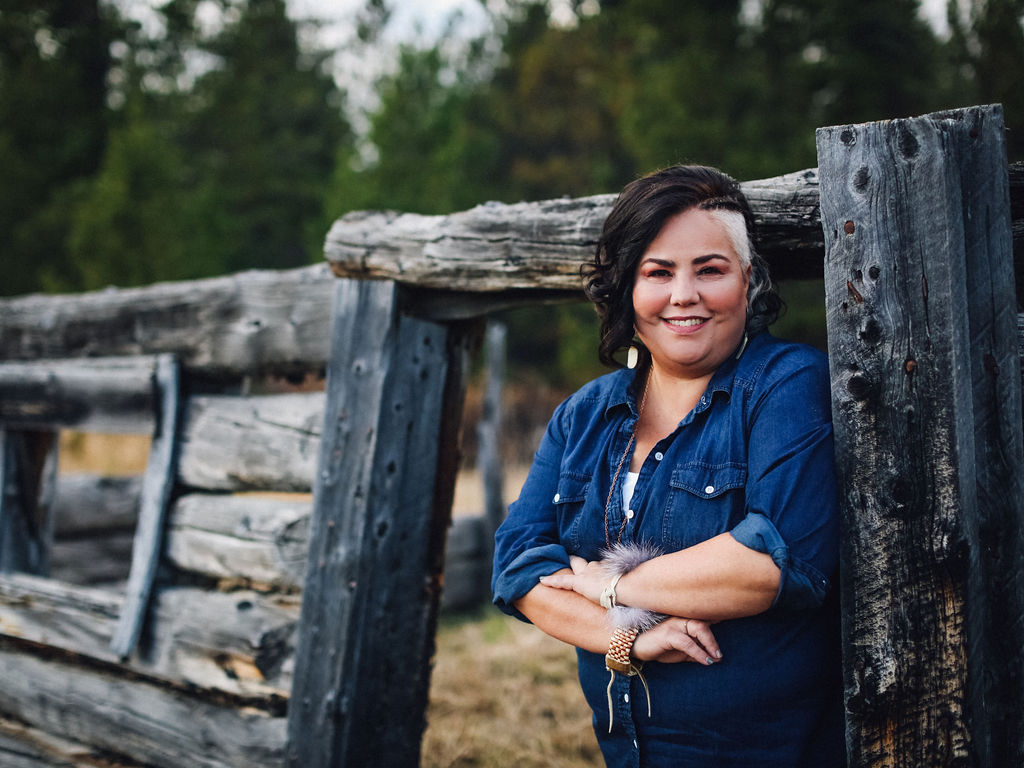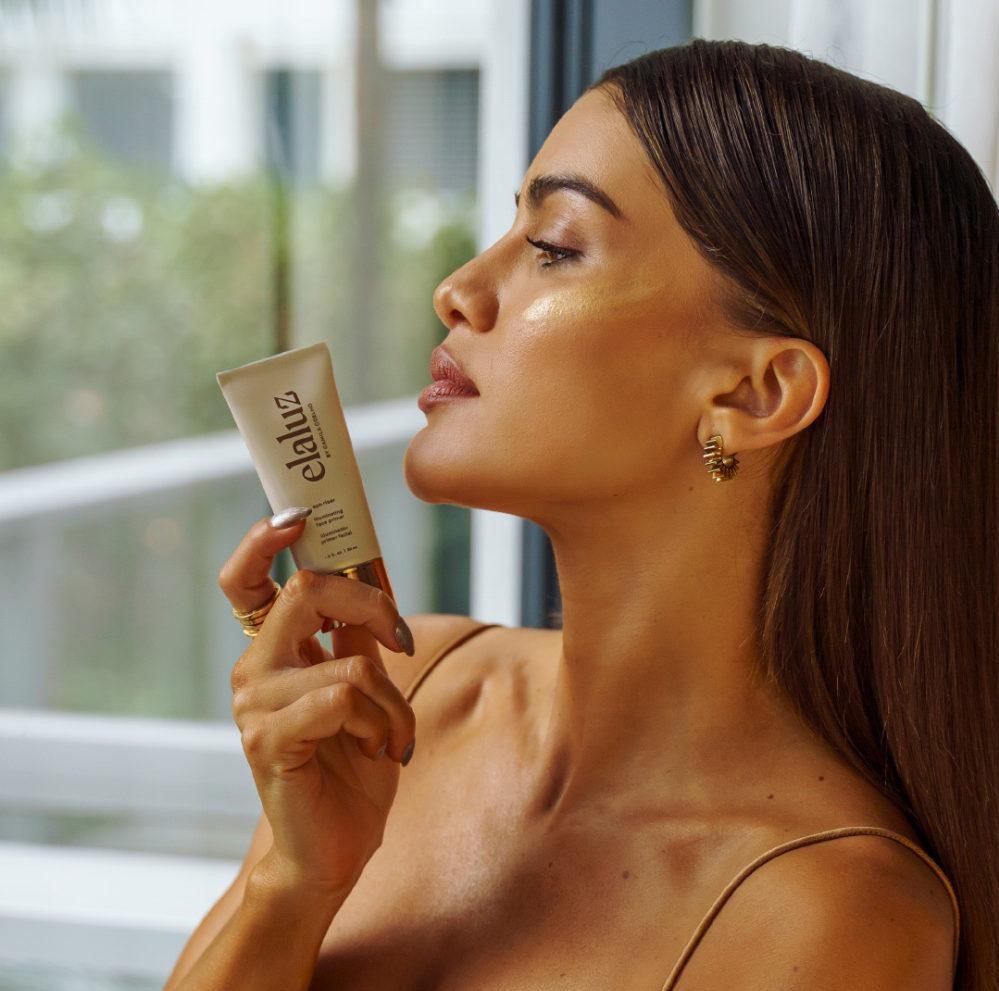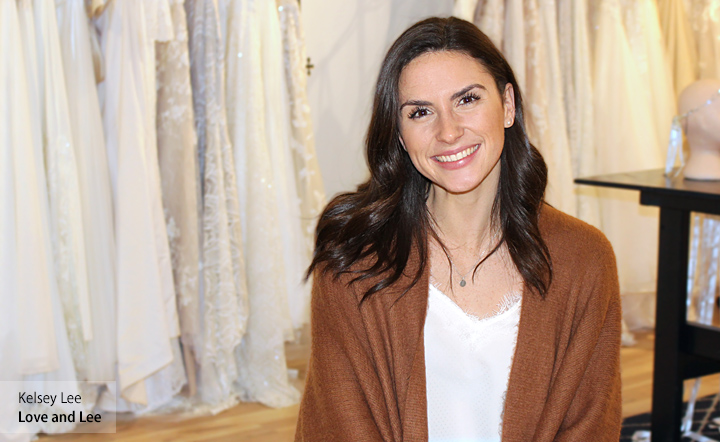Photo courtesy of Joella Hogan.
Joella Hogan is not only the founder of The Yukon Soaps Company (YSC), but also a fierce advocate, learner, and community builder. She creates spaces and opportunities for growth and has a passion for her business and helping others. She continues to amplify Indigenous voices through art, language, culture, and lived experiences. While YSC is still a small business, Hogan is big on growing cultural strengths and community. She is driven to move YSC into a building in downtown Mayo, Yukon, that will serve as a community hub; enabling the company to house skill development workshops, language learning, and provide employment opportunities for the community. She won an innovation grant last year to support her dreams.
She spoke with Elixuer about community, her company, and the importance of helping others.
The Yukon Soaps Company is founded on connections with nature and Indigenous communities. Can you talk about the importance of this to you and how you nurture these relationships?
For many generations, there has been a disconnection of Indigenous peoples from the land, and we are still trying to rebuild those connections. Throughout the different kinds of work that I do, it’s all about connecting people — to each other, to the land, to culture, to language.
As I was growing The Yukon Soaps Company, I saw an opportunity to use it to provide more connections to people and nature. I thought about our language, which is important to me, but hard to learn. The elders say that you have to use it or you’re going to lose it, so I make sure that it’s also reflected in all aspects of my business. Our values, culture, and teachings are also a part of my HR policies, as well as a key part of our packaging.
YSC makes unique, handcrafted products like soaps, shampoo bars, and essential oil blends using Indigenous ingredients while infusing the Yukon spirit into them. What would you like people to know about using these ingredients in their self-care regimens?
The new soap line was all about the plants that are good for us and our skin, but I also wanted to focus on sustainability. As the business and demand grows, I don’t want to be creating products that create sustainability issues, such as overharvesting. I want to make sure that the plants we’re using in our products are resilient, abundant, and have a fast growing season. We’re not using the most fragile, delicate plants, but rather, we’re part of the solution.
How does YSC aim to be sustainable in its production and packaging?
My target customer group is Yukoners, but there’s such a demand from Southern Canada, as well as North America generally. I made a big switch six or seven years ago to try and get rid of as much plastic packaging as possible, and we shifted to glass. The challenging part now is glass is expensive to mail. I’m importing bottles to the Yukon, creating the packaging, sending them back out, so, essentially, paying shipping twice. Sadly, glass is not recyclable up here anymore.
There’s a real thought about switching back to plastic because technology has changed. I am also looking at other options such as bamboo, hemp, and cardboard. There’s so much to consider, as we want our products to hold up to travel, but also meet those bigger values and be at a price that customers will still pay. It’s important to be adaptable, and our customers push us to do better.
You use Na-Cho Nyäk Dun beadwork by Northern Tutchone women and Northern Tutchone language in the products and packaging. How has that resonated with customers?
I quickly learnt that people weren’t just buying soap — they’re buying the story. There’s such a deep respect, fascination, and interest in Canada’s Northern and Indigenous peoples. I was trying to think of the best way to tell these stories. When talking with a friend of mine, she mentioned beadwork, because so much of what I do is also promoting our traditional crafts and skills. I thought, “Yes, this is absolutely the way.” I print it on dissolvable paper, and then embed it onto the soap.
As you wash with the soap, it will actually disappear or dissolve. This way, there aren’t any physical beads going down your drain. People often worry about ruining the beadwork, but it’s not actual beads. [It’s] just an image. This product has allowed me to really uplift and amplify the Indigenous women in my community, so that it’s never just about my product, but really about opportunities to share. There is so much that makes our community happen, and so much of it is by our women and their skills with our craft. The artists and work that I feature range from new young artists all the way to my great grandma.
Stephanie Hawkins | Contributing Writer








